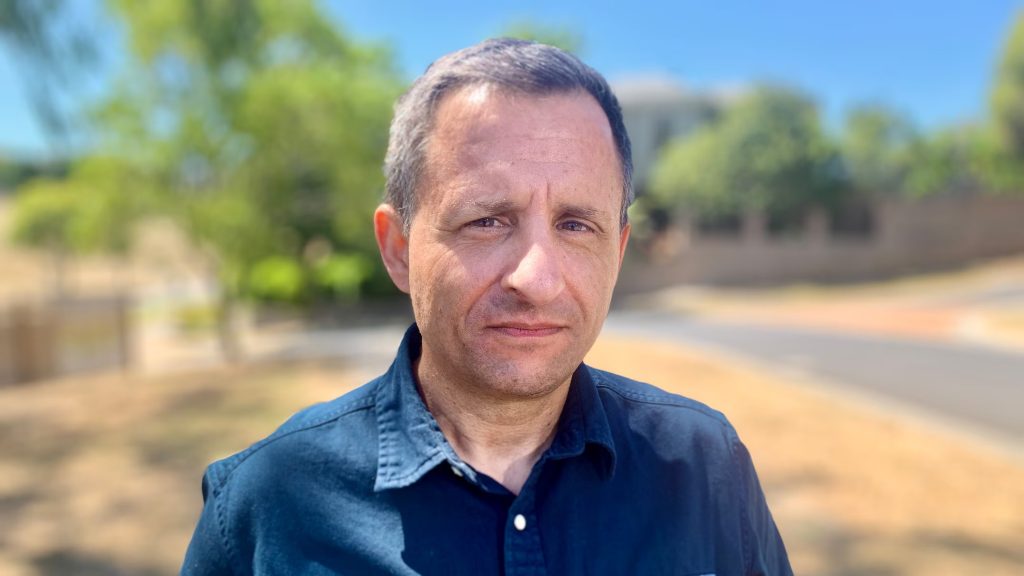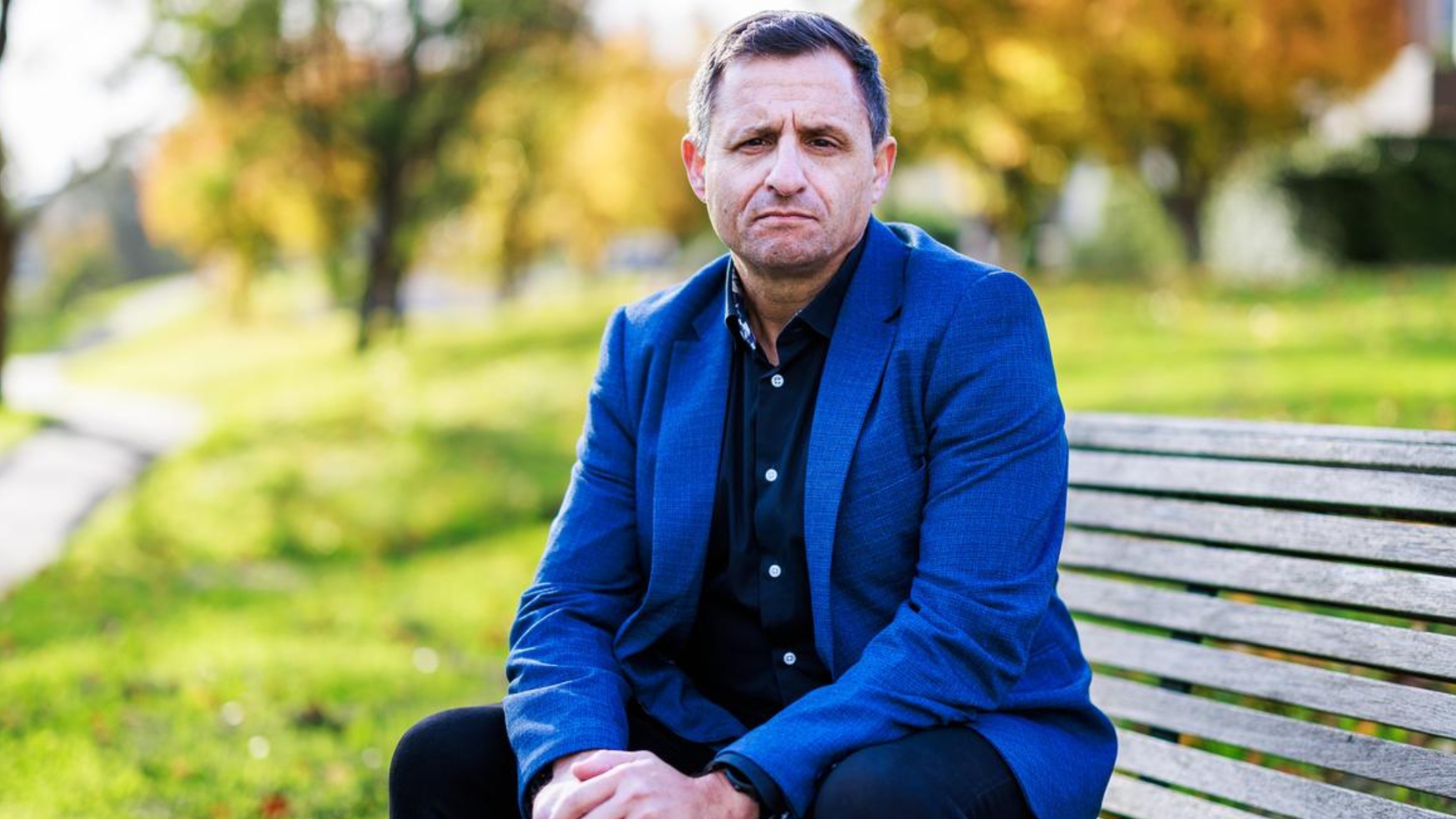On Saturday, 14 October, the results of the Indigenous Voice to Parliament referendum were released and the chance to recognise Aboriginal and Torres Strait Islander peoples in the constitution was voted against.
ABC News indicated results of more than 60 per cent of Australians voting ‘NO’ towards giving Indigenous communities a voice in parliament.
Former Labor strategist and RedBridge pollster, Kos Samaras, said the biggest reason why the referendum failed was due to a lack of clarity.
“[The Yes campaign] were relying on techniques that were really suited to people who are super engaged with regards to this referendum and living in the inner parts of our cities,” Mr Samaras told ABC News.
“People voted no because they have not engaged with the referendum, and [didn’t] have enough information.
“It was a communication problem that was created by the Yes campaign so [the No campaign] didn’t have to do anything.”

Mr Samaras claimed that the prominent slogan “If you don’t know, vote no” seemed to stick with many Australian voters.
“[The No Campaign] just basically capitalised on the lack of information,” he said.
The former Labour strategist said the YES campaign failed to engage effectively with diverse communities.
“Newly arrived migrants who had just enrolled to vote, if they needed information in their own language, that wasn’t present,” Mr Samaras said.
“The No campaign did not win this referendum. It was the Yes campaign that lost it.”
This referendum result has caused a drastic divide between the cities and regional Australia with support for the Voice.
Source: ABC News.
